Catholic Charities Brings Vital Healthcare to a Hispanic Mom with COVID-19

For Olivia (whose name is changed to maintain privacy) the pandemic has been especially traumatic. She lost her job because of COVID-19 and then came down with the disease while seven months pregnant. Complicating matters, she and her family are Spanish speakers with limited English skills.
Olivia turned to Catholic Charities for financial assistance with utility bills. During her screening interview, the tragic details of her story emerged. She had been hospitalized for COVID-19, which eventually overtook her lungs and soon she drifted into a coma. Her husband and daughter feared for her life and the life of her unborn child. Adding to their burden, it was very difficult to communicate with medical staff for the vital information they needed.
“Olivia and her family were prime candidates for our Hispanic Health Advocate program, which serves those who need Spanish-interpretation services in vital areas such as healthcare,” says Natalie Borjas, Catholic Charities’ Hispanic Health Advocate.
With much prayer from her family, days later Olivia awoke from her coma. As she caught her husband’s gaze, she noticed he was stricken with grief. Immediately she asked, “How is the baby?” Her husband struggled to explain that the baby had passed due to the severity of her illness. As the client shared her story, Natalie listened and grieved with her. She arranged assistance for Olivia’s utility bills through another program of Catholic Charities. She also scheduled medical appointments for her and her family, and provided interpretation services due to their language barrier.
Most importantly, Natalie also referred them to a Spanish-speaking therapist to deal with their grief. Today, a Catholic Charities Hispanic Health Advocate (HHA) still accompanies Olivia to her doctor appointments. Olivia is also receiving grief counseling to help her cope with the loss of her child. She has recovered from COVID-19 and has found new employment.
“With the help of case management and therapy, Olivia continues to take it one day at a time,” says Natalie. “And if the need arises, we can provide her and her family with additional services to help them recover emotionally and financially.”
Funded in part by a grant from the St. Joseph Community Health Foundation, the Hispanic Health Advocate program was created to serve those in northeast Indiana who need Spanish-interpretation services in all vital areas of healthcare. Olivia and her family are one of 84 clients that Catholic Charities, Diocese of Fort Wayne-South Bend (CCFWSB) served last year. All fell below the Indiana Poverty Threshold.
Crucially, HHA provides long-term support to those lacking proficiency in English. A certified medical interpreter with specialized training in medical and dental terminology accompanies the client to the doctor’s office and interprets the entire conversation between the healthcare provider and the client. Without this service, chronic conditions or serious health concerns could go untreated.
“I can’t imagine going through all that again and not being able to understand what was happening,” says Olivia. “I’m so grateful for all the assistance I receive.”
In fiscal year 2020, Catholic Charities provided 592 visits and related services for medical, dental or school-related appointments. If the current trend continues, CCFWSB expects the number of clients and visits to double this year. Clients usually learn about the program through word of mouth, while some clinics provide pamphlets containing information about the program.
CCFWSB is grateful for the support of St. Joseph Community Health Foundation and proud to continue to further its mission to strengthen, improve, and sustain long-term community health in Allen County.
Recent Stories
- Merry Christmas from the St. Joseph Community Health Foundation!
- St. Joe Foundation awards $2,652,998 to local agencies serving vulnerable individuals in Allen County, IN
- Prenatal & Infant Care Luncheon: a year of connection and learning
- Nourishing bodies and spirits: the impact of the Society of St. Vincent de Paul food and nutrition program
- Supporting sustainability in local food networks to improve access to nutritious food
